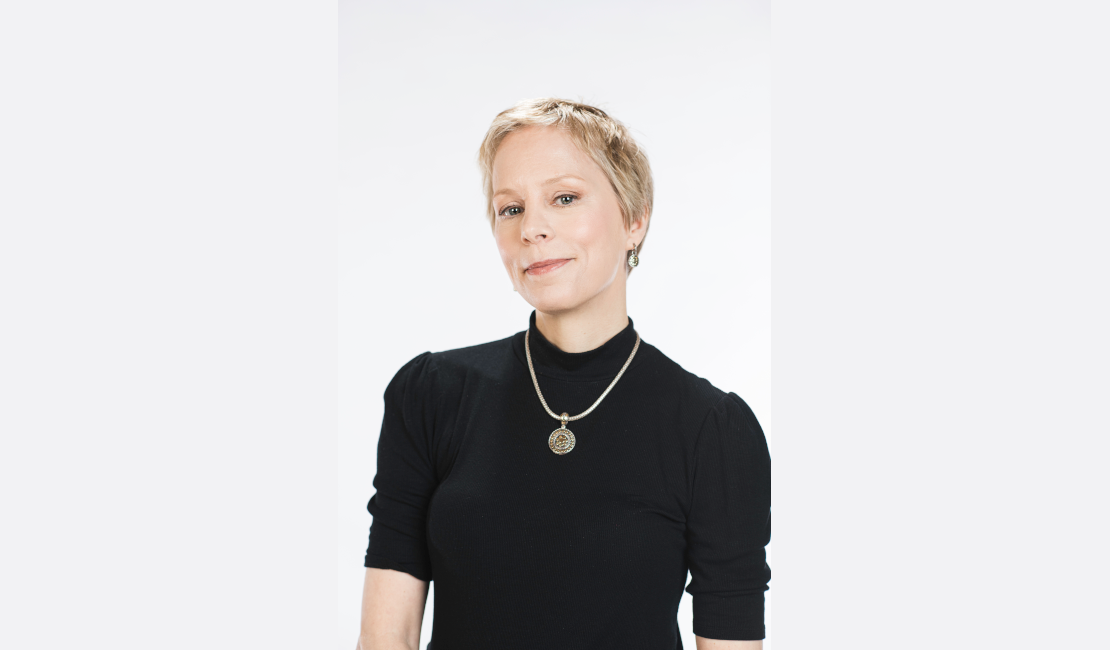Happy 60th Birthday to Augusta Read Thomas

Augusta Read Thomas is one of the U.S.’s most recognizable and beloved composers. In addition to writing music of “unbridled passion and fierce poetry” (American Academy of Arts and Letters), she is University Professor of Composition at the University of Chicago, where she has championed new music through founding the Chicago Center for Contemporary Composition and its resident Grossman Ensemble.
In honor of Thomas’ 60th birthday, Wise Music is pleased to present a sampling of her orchestral works, for which Thomas is arguably best-known. The following pieces are a gateway into her virtuosic, “boldly considered music that celebrates the sound of the instruments and reaffirms the vitality” of the orchestra (Philadelphia Inquirer).
Listen to the following works on Spotify:
Words of the Sea (1995) takes inspiration from four phrases drawn from the work of American modernist poet Wallace Stevens, which serve as the movement titles. Together, these four movements aptly capture the varied moods of the ocean in musical form: a striking oscillation between light-footed solos and massive ensemble parallelism (“words of the sea”), the salty resonance of the contrabass clarinet (“the ever-hooded, tragic-gestured sea”), a restless staccato churn (“beyond the genius of the sea), and a finale of delicate, nearly-dissolving high strings and woodwind trills (“mountainous atmospheres of sky and sea”).
Scored for soprano and orchestra, Gathering Paradise (2004) sets six poems by iconic American poet Emily Dickinson. Thomas matches the “sometimes disturbing mystery of Dickinson’s writing” with “alluring colors, striking orchestral effects, and organic energy” as well as “turbulent, pummeling, angst-ridden outbursts” (The New York Times), offering a compelling sonic accompaniment to the intimate recollections sketched in Dickinson’s texts. Throughout, Thomas’ love of the voice—which she calls “the most subtle, complex, and fragile yet forceful […] carrier of musical ideas”—is on full display in her expressive, confident vocal writing.
Terpsichore’s Dream (2007) is colorfully scored for chamber orchestra. It opens with an enticing harp line articulated with metallic percussion paired with plucked strings and piano, then moves through a series of delightfully varied orchestral vignettes before closing with a poignantly lonely violin solo. The result is “an alluring mosaic depicting the mythological muse of dance” (Voix des Arts).
Thomas writes that Helios Choros I (2007) “could be described loosely as a 12-minute crescendo.” It moves from a sparkling world of finespun textures articulated by two harps, celeste, piano, bells, and string harmonics into “high-energy passion,” with Stravinskian jump-cuts, undercurrents of fast-moving low wind lines, and thrilling brass calls. Helios Choros I was conceived as part of a triptych with Helios Choros II and Helios Choros III, and a world premiere of the full set performed together is available. With their agile energy and thematic connection to Greek mythology and drama, these works are particularly ripe for choreography.
Aureole (2012) is a concise eight-minute work that was originally designed to precede a performance of Beethoven’s Ninth Symphony. It can easily serve as a bright, energetic opener to a wide range of concert programs. Its core material is centered on repeated tones, which by turns sound a kind of fanfare, create the shimmering halo of the work’s title, and spin off into driving rhythmic lines to create “a rousing curtain-raiser” (Dallas Morning News).
For more information, please contact your local Wise Music Promotion Team. See Contact Us.
